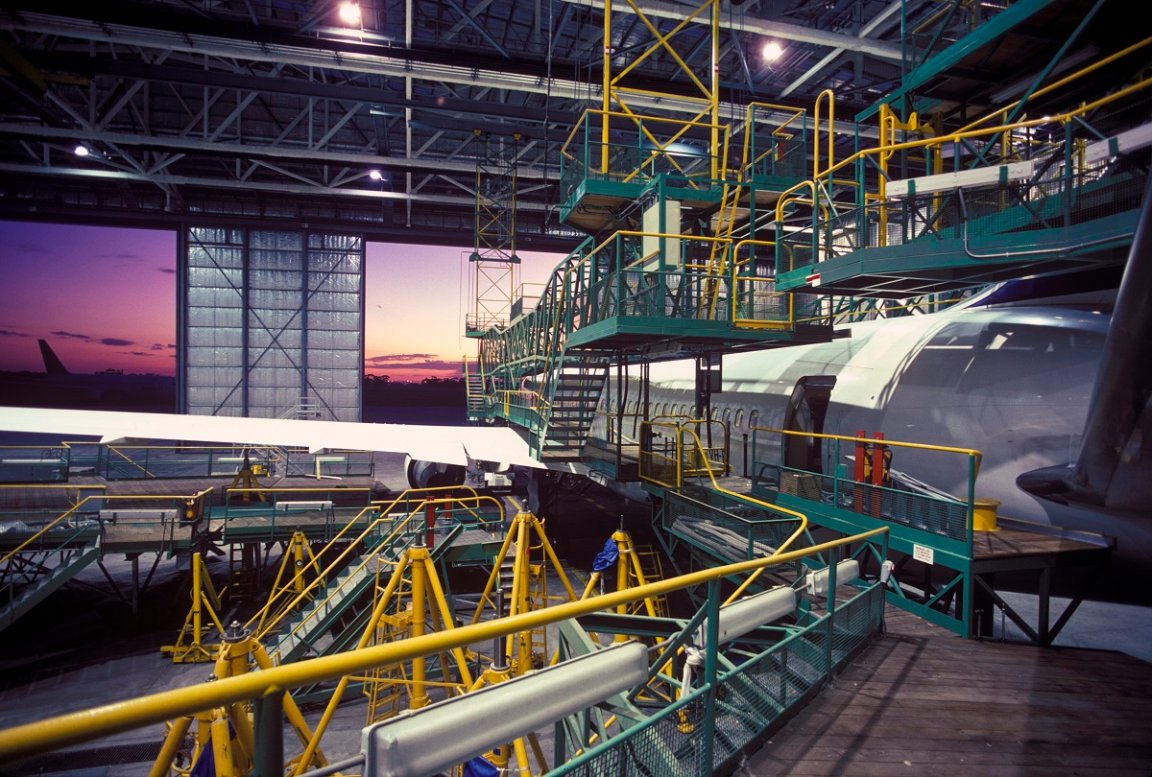
Amid growing scrutiny about manufacturing safety, Boeing and its main competitor Airbus are both in the hot seat over some false titanium documentation.
As the New York Times reports, the Federal Aviation Administration is probing claims from Spirit Aerosystems, one of the aerospace industry’s key component suppliers, which found that a company contracted by both firms had sold them titanium parts with forged verification documents.
The issue seems to date back to 2019, when Turkish Aerospace Industries purchased a large batch of titanium from a Chinese company and began selling it to other firms around the world. At the end of 2023, the Italy-based Titanium International Group, which had purchased some of the titanium, noticed that something was off about the way the metal looked and that the authentication certificates didn’t seem right, either.
It appears, per insiders who spoke to the newspaper on condition of anonymity, that an employee at the Chinese firm forged details on the certificates to claim it had been sold by Baoji Titanium Industry, a company that sells authentic titanium. Baoji later confirmed to the NYT that it had not supplied the batch in question, and it remains unclear who did.
While this latest investigation takes place amid ample scrutiny at Boeing, which has been the subject of months of bad press following the infamous door plug blowout on an Alaska Airlines flight in January and the mysterious death of one of its whistleblowers in March, an FAA statement suggests the company is going above and beyond to handle the counterfeit titanium issue.
“Boeing reported a voluntary disclosure to [the FAA] regarding procurement of material through a distributor who may have falsified or provided incorrect records,” an agency statement provided to the NYT reads. “Boeing issued a bulletin outlining ways suppliers should remain alert to the potential of falsified records.”
Both Airbus and Boeing have, according to the companies, tested their affected titanium components and said that they haven’t shown signs of problems. While Boeing maintains that most of its titanium supply was purchased directly from another supplier and is likely unaffected, Airbus admitted that it had bought from the problematic supplier in question.
“Numerous tests have been performed on parts coming from the same source of supply,” an Airbus spokesperson said.
According to Spirit Aerosystems, however, it’s impossible to say whether planes made with the affected titanium are truly airworthy while its real source remains unknown.
“Our quality management process relies on the traceability of the raw materials all the way from the mills,” said Gregg Brown, Spirit’s senior vice president for global quality. “There has been a loss of traceability in that process and a documentation challenge.”
Until the real source of the counterfeit titanium is traced, the question of airworthiness is likely going to remain open-ended — and this debacle may, as the NYT points out, bring Airbus down with Boeing as safety issues at the latter firm seem to abound.
More on the FAA: New Boeing Whistleblower Says 787 Fuselages Are Improperly Fastened Together, Could Break Apart